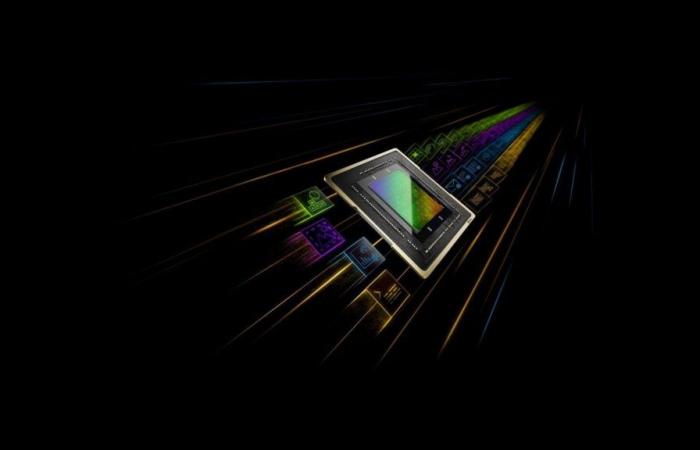
Nvidia on Monday unveiled new products such as artificial intelligence to better train robots and cars, improved gaming chips and its first desktop computer, while explaining its potential for expansion. (photo credit: Nvidia Press room / )
Nvidia NVDA.O on Monday unveiled new products such as artificial intelligence to better train robots and cars, improved gaming chips and its first desktop computer, while explaining its expansion potential.
At CES 2025, a major annual technology conference in Las Vegas, CEO Jensen Huang explained how the world's second-most valuable company is bringing technology to consumers in PCs and laptops that powers its lucrative artificial intelligence chips for data centers.
He also demonstrated what Nvidia calls Cosmos Foundation Models, which generate photorealistic videos that can be used to train robots and self-driving cars at a much lower cost than conventional data.
By creating so-called “synthetic” training data, the models help robots and cars understand the physical world, in the same way that large language models have helped chatbots generate natural language responses.
Users will be able to give Cosmos a textual description that can be used to generate a video of a world that obeys the laws of physics. This method promises to be much less expensive than data collection as practiced today, such as putting cars on the road to collect video or having humans teach repetitive tasks to robots.
Cosmos will be available under an “open license”, similar to the Meta Platforms META.O Llama 3 language models that have become widely used in the technology industry.
“We really hope that (Cosmos) will do for the world of robotics and industrial AI what Llama 3 did for enterprise AI,” Mr. Huang said.
Vivek Arya, an analyst at Bank of America, said it remains to be seen whether the robotics push will significantly increase Nvidia's sales.
“The challenge, we see, is making products reliable, cheap and ubiquitous enough to drive credible business models,” Arya said in a note to clients. “From this perspective, robotics could remain another cool but niche opportunity, like metaverses or self-driving cars.”
Mr. Huang also unveiled new gaming chips that use Nvidia's “Blackwell” AI technology, which has helped propel its data center sales.
These chips, which Nvidia calls the RTX 50 series, aim to give video games movie-like graphics, particularly in an area known as “shaders,” which can help images such as a teapot in ceramic to appear more realistic by adding imperfections and fingerprint spots to its surface.
The new chips can also help game developers create more accurate human faces, an area where gamers are likely to notice even slightly unrealistic features. The chips will range in price from $549 to $1,999, with higher models available on January 30 and lower models in February.
Ben Bajarin, managing director at technology consultancy Creative Strategies, said the new gaming chips should help boost Nvidia's sales in the near term.
Mr. Huang also introduced his first desktop computer, called Project DIGITS, but designed for computer programmers rather than ordinary consumers.
It will cost $3,000 and run a Linux-based Nvidia operating system. It will be equipped with the same chip that is at the heart of the company's data center offerings, but combined with a central processor built with the help of Taiwanese company MediaTek 2454.TW.
The chips will come in a smaller package that can be used by individual software developers to quickly test their artificial intelligence systems. The desktop will be available in March.
Nvidia also said that Japan's Toyota Motor 7203.T will use its Orin chips and automotive operating system to equip several models with an advanced driver assistance system. Nvidia did not provide details on these models. Shares of Toyota were up 1.7% in late trading in Tokyo.
Huang forecasts $5 billion in automotive hardware and software revenue in fiscal 2026, up from $4 billion expected this year.
CES, formerly the Consumer Electronics Show, takes place January 7-10.
Nvidia's stock closed at a record high of $149.43 on Monday, pushing its valuation to $3.66 trillion and making it the world's second-most valuable listed company behind Apple AAPL.O .
((Automated translation by Reuters, please see disclaimer https://bit.ly/rtrsauto))
(Analyst comments are reproduced and supplemented) by Max A. Cherney and Stephen Nellis





